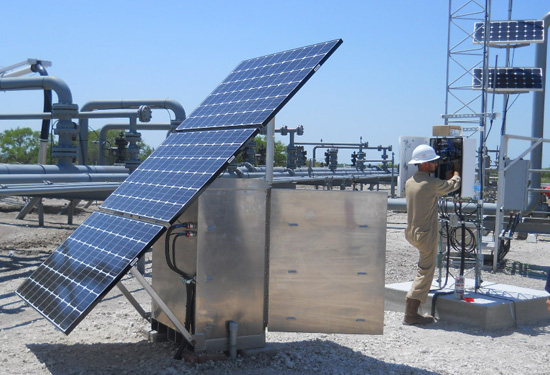My wife and I spend at least 100 nights camping every year.
I put 200 watts on roof of my roadtrek a couple years ago when I switched from 3 way to all electric refrigerator. I use this van for travelling and off grid camping in the western us. Not hard, used some simple z brackets to glue and screw to roof of my van. All purchased as a kit from windynation on Amazon. I added a couple MC4 extension cable to complete setup. This uses a simple 30 amp controller, not an MPPT unit as I figured I over-sized wattage needed to run my van when camping. Switching to an MPPT gives 20 percent or more output from same size solar panels which left me with an easy upgrade if I needed more amp-hours. My van has 2 coach (and 1 independent chassis battery) so I have a reasonable amount of storage for my needs.
I have an airstream with factory solar with a very similar sized setup and 2 agm batteries. But a 28 foot airstream in a paved campground isn't really camping.....
You should do some calculations about how much power you use in a day to size your system. Certainly, using a propane refrigerator, propane heat and led lights leads to very little power use. Fans, TVs, Satellite systems, etc add up quickly. 120 volt inverters suck power like crazy. A system will need reasonably matched for storage vs solar capacity. Switching to Lithium can be considered, but due to it's higher charging voltage is not a direct drop in. Lithium also pulls more amps as it charges and depending on trailer setup, can draw too much power when connected to tow vehicle. You mention heat. Winter camping is complicated by low sun, clouds, and short days requiring more solar capacity than a system designed for summer camping.
A "lithium generator" or similar lithium power pack can be purchased with or without solar panels. This give the added flexibility to use with other campers and other projects rather than dedicating to a single camper. These get cheaper by the day and work at all altitudes.
I also have a Lance truck camper, and I simply run its onboard propane generator for 45 minutes or so to charge a single battery as I have LED lights and rarely used heat unless it's very well below freezing. The fuel generator doesn't due well at high altitude and subfreezing temperatures as the propane won't boil off fast enough.
I've spent many weeks camping with a 12 volt electric blanket.


